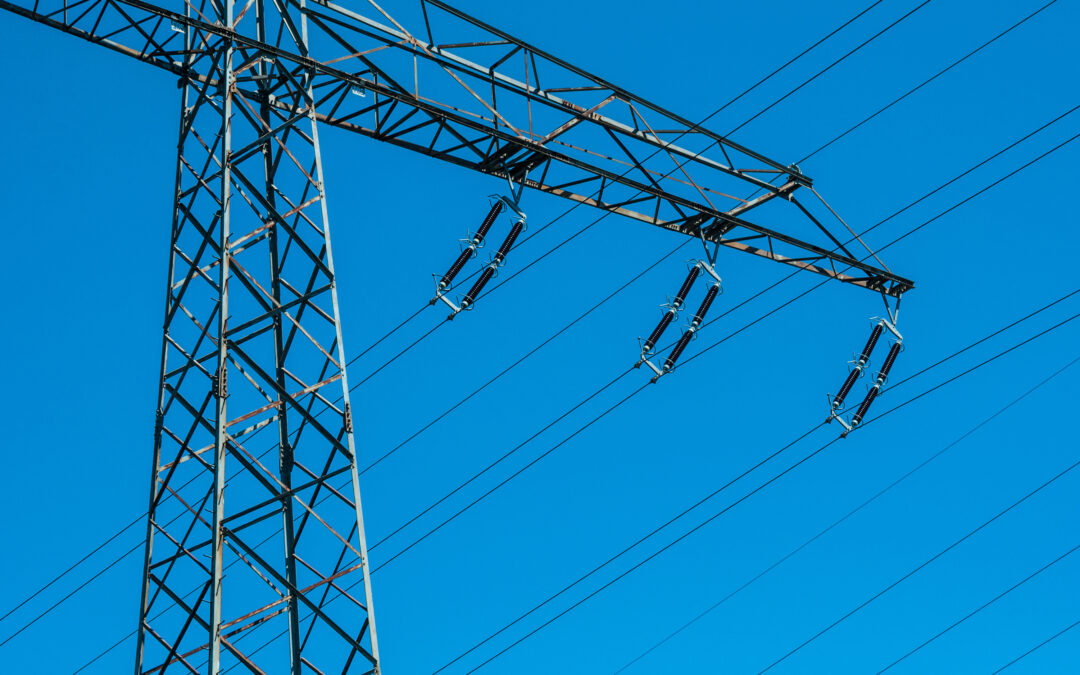The European Union has set itself the goal of being climate neutral by 2050. The European Green Deal describes a comprehensive transformation plan to a climate-neutral society. This also includes more ambitious climate targets by 2030. What does the European Green Deal mean for Hungary and the Visegrád Group? At an event organised by the Andrássy University, we have discussed this in April.
The Andrássy University Budapest has organized a webinar on the topic “Making the European Green Deal Work – Road Map for the Visegrád Countries until 2030”. The webinar took place as part of Bard College’s and Open Society Universities’ global initiative “Solve Climate by 2030”. Over 100 universities worldwide have held webinars between April 7th and 14th.
The speakers of the event were Attila Steiner, State Secretary of the Republic of Hungary for Circular Economy, Energy and Climate Policy, András Huszár, Director and Co-founder of the Green Policy Center, Lilla Bartuszek, General Secretary at V4SDG – Visegrád for Sustainability, and Samuel Schmidt, master’s student at the Andrássy University Budapest and the University of Passau. The webinar was moderated by Rafal Fabianowicz, Ph.D. student at Andrássy University Budapest, and Dr. Kristina Kurze, Associate Professor at the Andrássy University Budapest and DAAD visiting lecturer.
You can watch the recodings of the webinar below:




